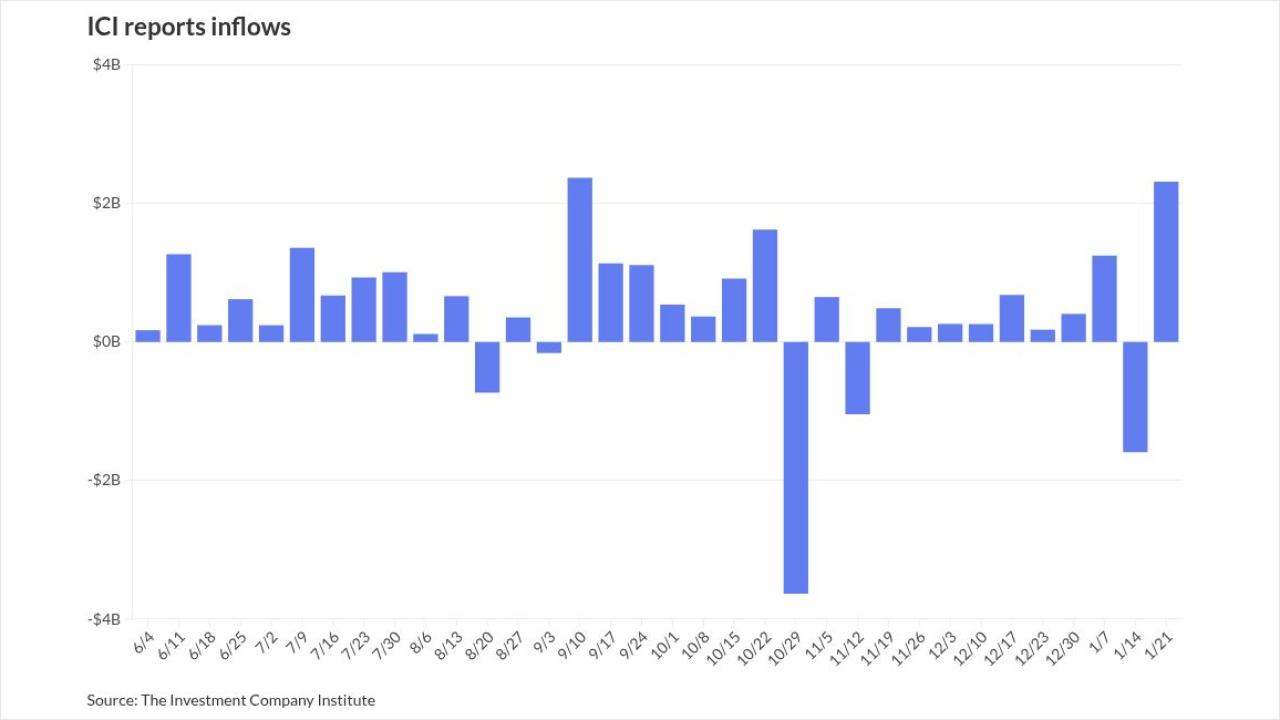WASHINGTON – The president of the American Society of Civil Engineers urged Senate committee members on Wednesday to both reauthorize funding for federal water infrastructure programs this year and follow that up with more money.

The federal clean water and drinking water state revolving funds remain “woefully underfunded,” ACSE President Kristina Swallow said during a hearing held by the Senate Environment and Public Works Committee.
The American Society of Civil Engineers gave U.S. infrastructure a grade of “D plus” in 2017, estimating the investment gap at $2 trillion over the next decade.
ASCE estimates the nation’s growth in gross domestic product will slow by $4 trillion by 2025 and cost a potential 2.5 million new jobs without that investment.
Swallow and other water infrastructure experts testified on a bipartisan bill the Senate committee plans to begin voting on later this month.
The House Transportation and Infrastructure Committee has not yet released its draft legislation.
Both chambers plan to adopt a 2018 re-authorization of the Water Resources Development Act to help move pieces of infrastructure legislation through Congress this year.
The House recently approved a bipartisan Federal Aviation Administration re-authorization that is awaiting Senate action.
The Senate and House committees with jurisdiction over water infrastructure also want to put themselves on a two-year re-authorization timetable to move away from the multi-year gaps in re-authorizations over the last two decades.
The last WRDA authorization was signed into law in December 2016 by outgoing President Barack Obama. Prior to that, there were only two other re-authorizations since the end of Clinton administration in 2000.
Congress recently approved a 2018 omnibus spending bill that provides $2.857 billion for clean water and drinking water state revolving funds used by states for drinking water and sewer infrastructure construction and repair projects.
That’s a $600 million increase over fiscal 2017.
“The state revolving funds, just like the rest of our infrastructure, could use additional investment,” Sparrow said in an interview following the hearing.
The 2018 omnibus also had $55 million for the Water Infrastructure Finance and Innovation Act program (WIFIA).
WIFIA is expected to leverage that money to generate up to $2 billion for water projects with national and regional significance.
The first WIFIA water infrastructure project award recently went to the Georgetown Wet Weather Treatment Station in Washington state, where a loan of $129 million being used to help finance a $263 million project for handling storm water and sewer overflow.
Overall the U.S. Environmental Protection Agency plans to award 12 WFIA grants this year that will leverage an estimated $2.3 billion in public and private loans.
Among the other 11 are: a $625 million project by the San Francisco Public Utility Commission for bio-solids digester facilities, $43 million for the sanitary and runoff relief by the Metro St. Louis Sewer District and $79 million for the city of Miami to reduce ocean outfall.
Tommy Holmes, legislative director for the American Water Works Association, did not attend Wednesday’s hearing but he said his organization supports proposed legislation (H.R. 4492 in the House and S. 2329 in the Senate) that would reauthorize WIFIA for six years.
Those bills would give jurisdiction to awarding WIFIA grants entirely to the EPA. The current law gives the U.S. Army Corps of Engineers control over half of the WIFIA grants, but the corps hasn’t gotten its program started.
Rob Moore, director of the water and climate team at the Natural Resources Defense Council, who also did not attend the hearing, echoed Sparrow’s message on the need for additional federal funding.
“More funding is definitely needed and from NRDC’s perspective it is needed for attaining and maintaining compliance,” Moore said.
Moore said that rising sea levels caused by climate change will “raise the price tag” in the coming years.





